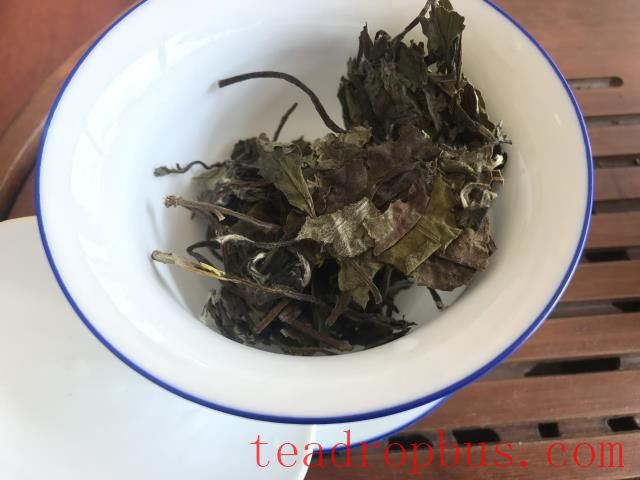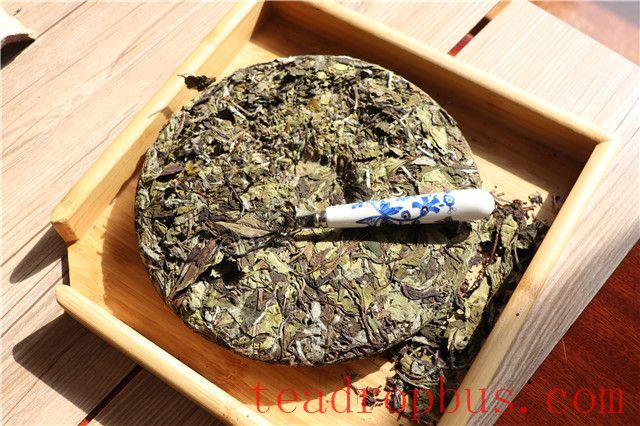Should You Rinse White Tea?
In fact, no matter what kind of tea we drink, we tend to have the habit of rinsing it. The biggest difference lies in whether you dare to drink or want to drink the first infusion. However, generally speaking, rinsing White Tea is healthier and helps bring out the flavor in subsequent infusions.
Should both young and aged white teas be rinsed?
The answer is yes. Since we rinse the tea anyway, it applies to both young and aged teas. However, the method of rinsing young and aged white teas differs.

(1) Young Tea
Young tea, having been processed recently, is like a newborn baby, still quite tender. Whether it's Silver Needle or Shoumei, it is relatively fresh and easily damaged.
Moreover, freshly made tea has not yet stabilized its internal components. When rinsing, avoid leaving the tea immersed in boiling water for too long, as this can cause the internal substances to release too quickly, which is not beneficial for subsequent infusions.
So when rinsing young tea, aim for about 5 seconds before pouring out the rinse water.
(2) Aged Tea
The main difference between aged and young tea is their “age” or “vintage.”
Aged tea, after a long period of transformation, is like a sleeping beauty. Although it is aging, there might not be any obvious changes in appearance. However, the internal quality undergoes significant changes over time.
Therefore, to awaken aged white tea, do it gently. Use slightly higher water temperature than for young white tea, but not too high. Unlike aged Pu'er tea, which requires very high water temperatures (at least 95°C), around 90°C is sufficient for aged white tea. Because aged white tea has been stored for a long time, its pores gradually close. When rinsing, allow it to steep for a few extra seconds.
Generally, about 8 to 10 seconds before pouring out the rinse water is enough.

Are there any rules for rinsing tea?
Rinsing tea is the initial stage of brewing, and there are certain rules to follow. It can directly influence the taste in subsequent infusions. The key to rinsing tea effectively lies in controlling the duration and water temperature.
Do not let the tea steep in boiling water for too long during rinsing; otherwise, the tea will lose its flavor even before you start drinking it.
Also, pay close attention to the water temperature while rinsing. Too high or too low can be problematic. If the tea is not properly awakened during rinsing, it will significantly affect the taste of subsequent infusions.